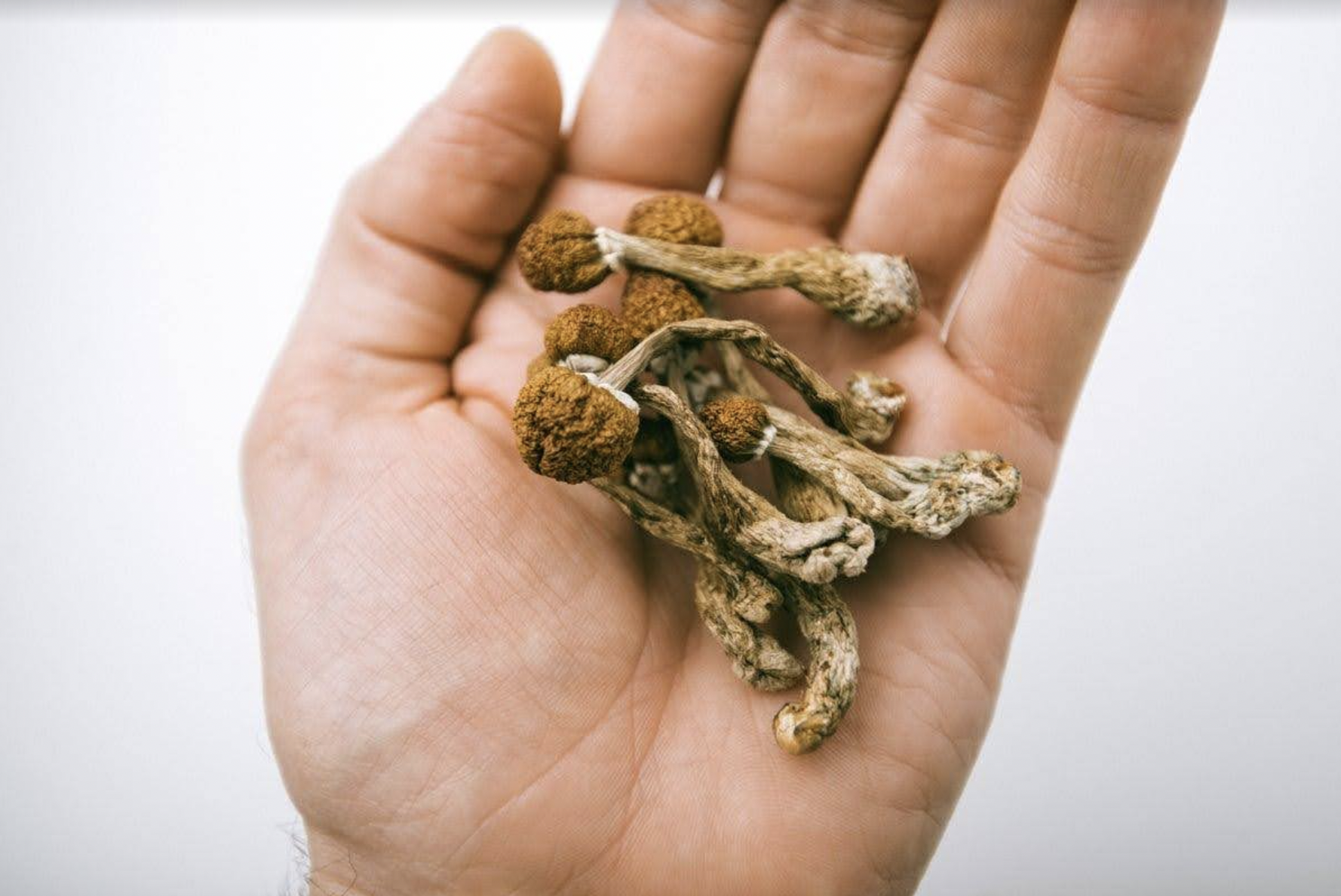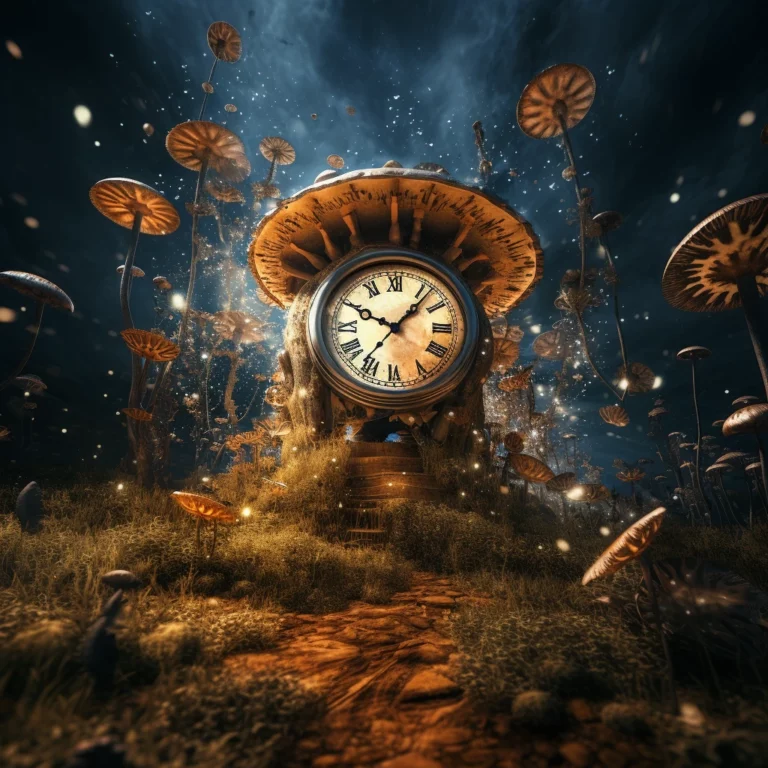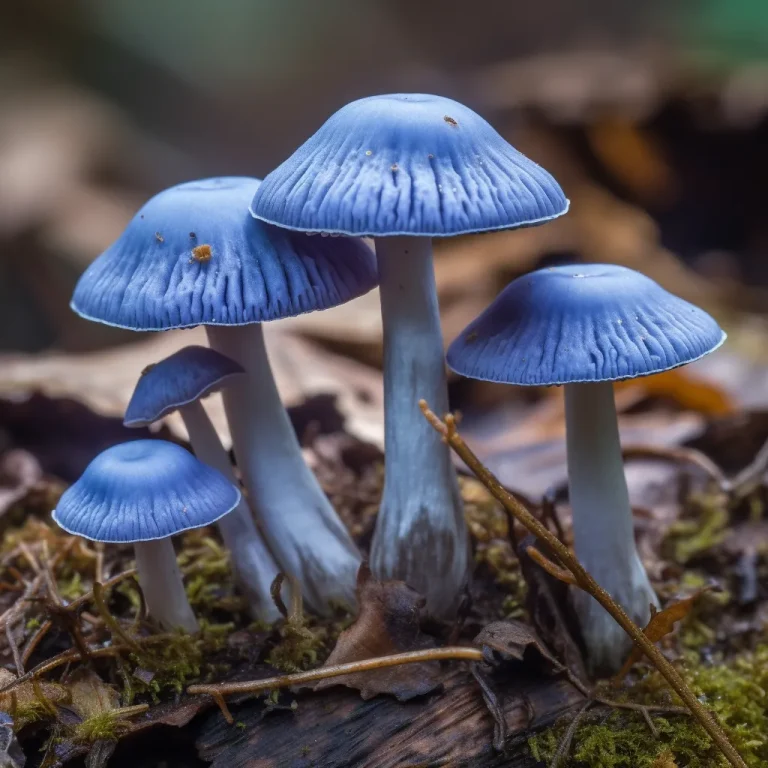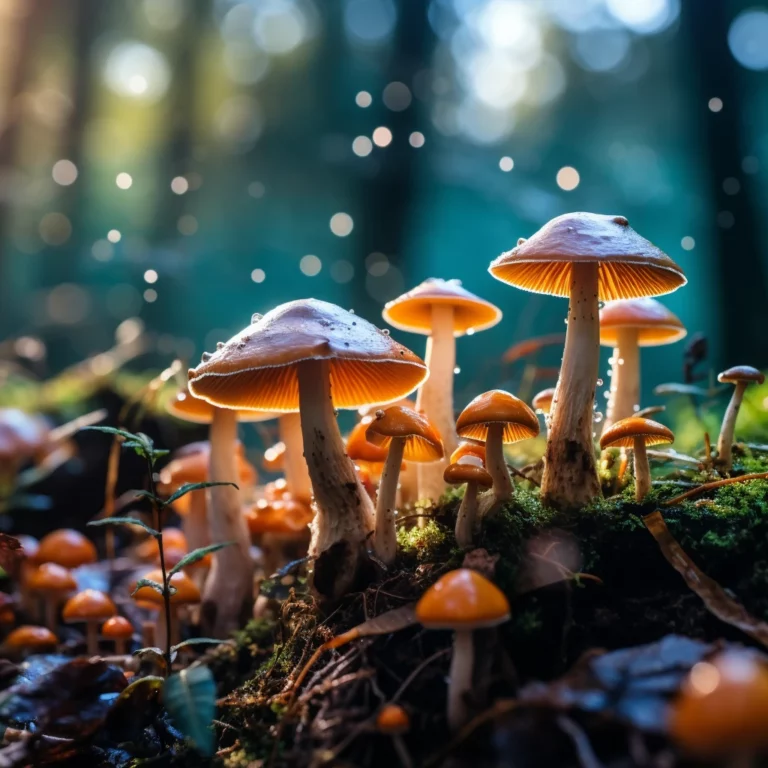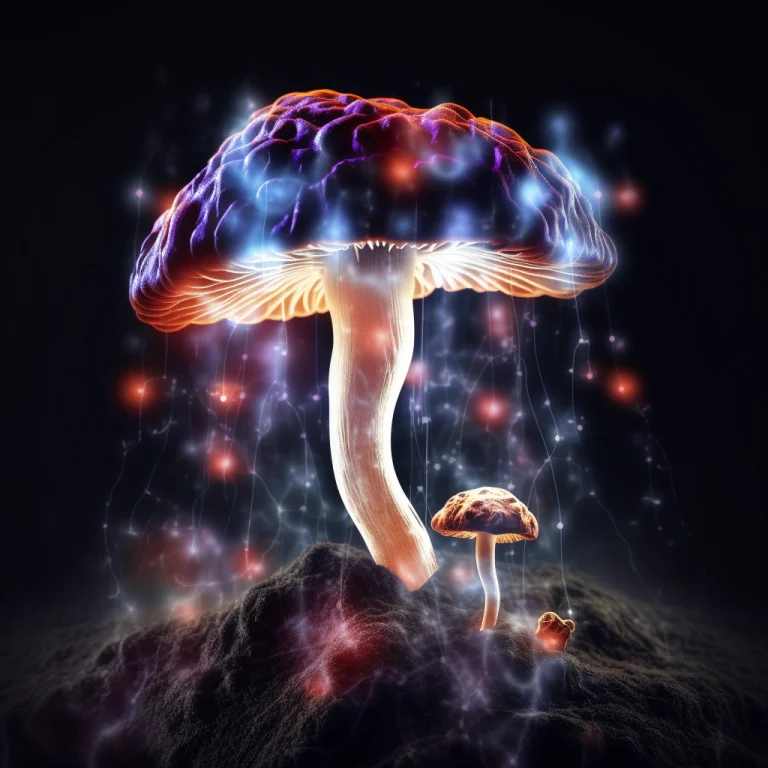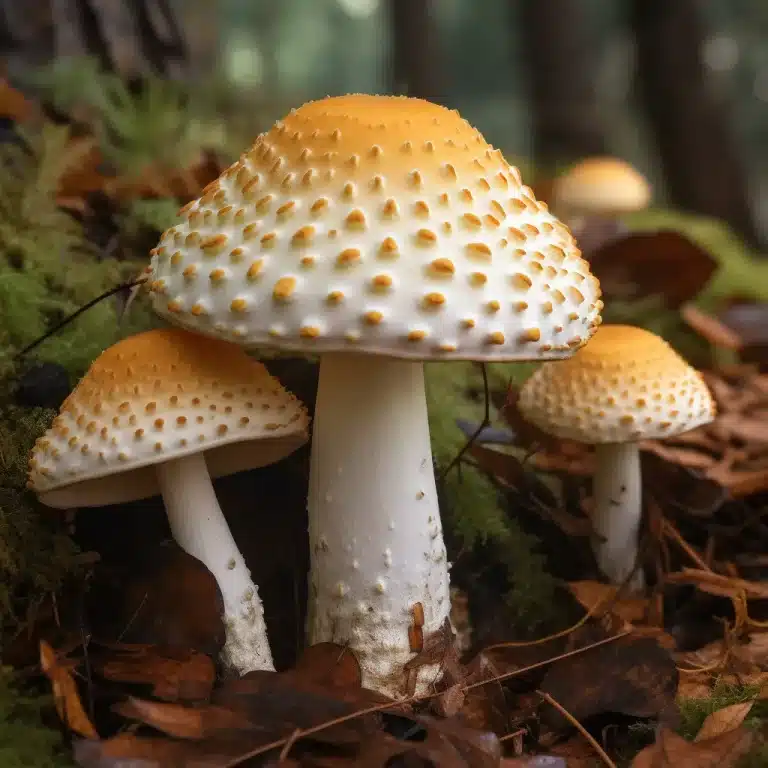Overcoming Anxiety and Depression: The Promising Role of Psilocybin
In recent years, there has been a surge of interest in the potential therapeutic benefits of psychedelic drugs, particularly in the treatment of mental health disorders. Among these substances, psilocybin, the active compound found in certain species of mushrooms, has garnered attention for its promising role in addressing anxiety and depression. Discovering the link between psilocybin and depression treatment is being explored through clinical trials and research studies.
The prospect of utilizing psilocybin-assisted therapy to alleviate symptoms of major depressive disorder and treatment-resistant depression has opened new avenues in mental health treatment. We deep dive into this topic to understand the promising role of magic mushrooms in overcoming anxiety and depression.
Can Psilocybin Help Alleviate Symptoms of Major Depressive Disorder?
Psilocybin-associated depression has spurred a wave of scientific inquiry into its potential efficacy in treating major depressive disorder (MDD). Trials have shown promising results, suggesting that psilocybin could offer relief for individuals with severe symptoms of depression.
When targeting the root causes of depressive symptoms through psychedelic experiences, psilocybin treatment may provide a novel approach for those who have not responded to conventional clinical treatments.
Every mental health professional is increasingly considering the inclusion of psilocybin in their toolkit for addressing MDD. However, rigorous research and adherence to strict inclusion and exclusion criteria are paramount to ensure the safety and efficacy of such interventions.
Besides, if you’re curious about exploring new options, consider trying the Makilla Gorilla mushroom strain when the deal goes live. It’s a unique opportunity to experiment with a fresh psychedelic experience while benefiting from the latest deals.
How Effective is Psilocybin in Treating Treatment-Resistant Depression?
Treatment-resistant depression poses a significant challenge in health care, as conventional therapies often fail to alleviate symptoms effectively. Psilocybin treatment offers a glimmer of hope for individuals grappling with this debilitating condition.
Through carefully designed trials and systematic reviews, researchers are examining the potential of psilocybin to break through the barriers of treatment resistance. However, it is essential to learn the potential risks and adverse situations associated with psychedelic substances to ensure the safety and well-being of patients.
Tidal Wave, a revolutionary mushroom product, emerges as a promising ally in this endeavor, offering a controlled and standardized approach to harnessing the therapeutic benefits of psilocybin while mitigating potential risks.
What Role Can Psilocybin Play in Addressing Anxiety Disorders?
Anxiety affects millions of people worldwide, causing persistent and overwhelming feelings of fear and apprehension. Professionals utilize the Diagnostic and Statistical Manual of Mental Problems, Fifth Edition (DSM-5), as a reference book for diagnosing drug use problems.
- Psilocybin is emerging as a potential intervention for alleviating anxious feelings and promoting mental well-being.
- When facilitating introspective experiences and promoting emotional breakthroughs, treatment offers a unique approach to tackling the underlying mechanisms of disorders.
- Health professionals are exploring the integration of psychedelic-assisted therapy into existing treatment modalities to provide holistic care for individuals struggling with anxiety.
However, further research is needed to elucidate the mechanisms underlying the therapeutic effects of psilocybin on anxiety and to establish comprehensive guidelines for its use in clinical practice.
Can Psilocybin Reduce the Frequency and Severity of Panic Attacks?
Panic attacks can be debilitating, characterized by sudden and intense episodes of extreme fear and physiological distress. Psilocybin holds promise as a potential intervention for mitigating the frequency and severity of panic attacks.
Treatment may help individuals transcend their fear-based responses and cultivate inner peace by inducing altered states of consciousness and promoting feelings of interconnectedness.
However, caution must be exercised in the implementation of psychedelic-assisted therapy for panic disorder, as adverse events and worsening of symptoms may occur in some cases.
Collaborative efforts between health professionals and support groups are essential to ensure the safe and effective integration of psilocybin into panic disorder treatment protocols.
Great White Monster, a carefully curated strain known for its balanced effects and therapeutic potential, can play a pivotal role in these collaborative efforts, offering a controlled and standardized approach to incorporating psychedelics into panic disorder treatment regimens.
What Evidence Supports the Efficacy of Psilocybin in Mental Health Treatment?
The growing body of research on psilocybin underscores its potential as a transformative approach to health treatment. Systematic reviews and meta-analyses have provided compelling evidence of its efficacy in reducing depressive and anxious symptoms and improving overall well-being.
As one synthesizes data from clinical trials and observational studies, researchers have gained valuable insights into the therapeutic mechanisms underlying psilocybin therapy.
Moreover, the inclusion of mixed methods systematic reviews has enriched our understanding of the subjective experiences and long-term outcomes associated with psychedelic-assisted interventions.
How Does Psilocybin Treatment Compare to Conventional Treatments for Disorders?
Psilocybin represents a departure from traditional pharmacological and psychotherapeutic approaches to health care. Unlike conventional treatments that target specific symptoms or neurotransmitter systems, psilocybin therapy seeks to address the underlying root causes of mental disorders through profound and transformative experiences.
When going through introspection, emotional release, and spiritual insight, treatment offers a holistic approach to healing that transcends the limitations of conventional modalities. However, the integration of psychedelic-assisted therapy into mainstream health care poses challenges related to regulation, training, and accessibility.
Mutual efforts between researchers, clinicians, policymakers, and advocacy groups are needed to learn these complexities and ensure equitable access to psilocybin therapy for individuals in need to avoid panic attack.
What Safety Measures Are in Place to Mitigate the Risks of Psilocybin Therapy?
While psilocybin therapy shows promise as a therapeutic intervention, safety considerations are paramount in its implementation. Health professionals undergo rigorous training and certification to ensure competence in administering psychedelic-assisted therapy and managing potential adverse situations.
- In addition, strict protocols are followed to screen patients for suitability and monitor their physical and psychological well-being throughout the treatment process.
- Regular assessments of vital signs, such as blood pressure and heart rate, help mitigate the risks of physiological complications during psilocybin sessions.
Furthermore, comprehensive support systems, including pre-and post-session integration sessions and access to crisis intervention services, are essential to ensuring the safety and well-being of individuals undergoing psilocybin therapy.
LSD tablets, with their precise dosing and therapeutic potential, can complement these support systems, offering a structured approach to psychedelic therapy while ensuring patient safety and effective integration of experiences.
Final Words
The promising role of magic mushrooms in overcoming anxiety and depression represents a paradigm shift in mental health care. Psilocybin therapy offers a novel approach to addressing the complex interplay of biological, psychological, and spiritual factors underlying mental health conditions.
Through rigorous research and collaborative efforts, the therapeutic potential of psilocybin mushrooms is being systematically explored and validated. While challenges and uncertainties remain, the growing body of evidence supporting the efficacy and safety of psilocybin therapy heralds a new era of hope and healing for individuals struggling with anxiety and depression. Visit Shroom Hub today to explore everything related to magic mushrooms.
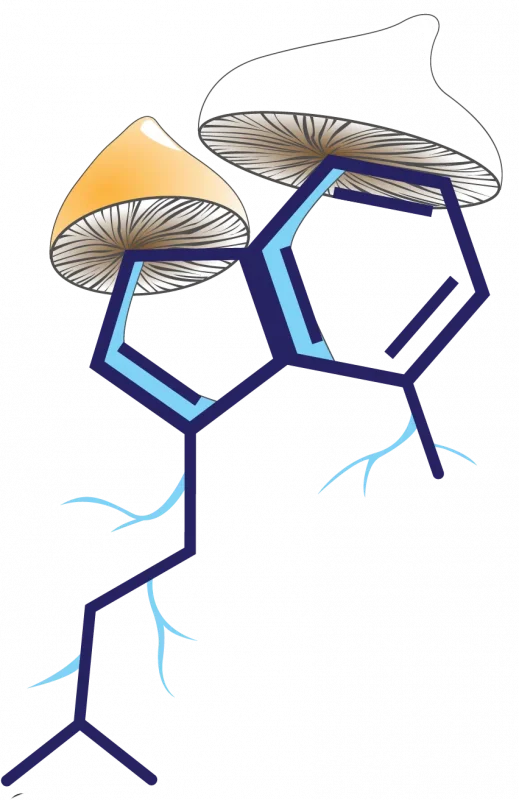
 Wonder - Psilocybin Chocolate Bar - Blue Meanie Toffee
Wonder - Psilocybin Chocolate Bar - Blue Meanie Toffee 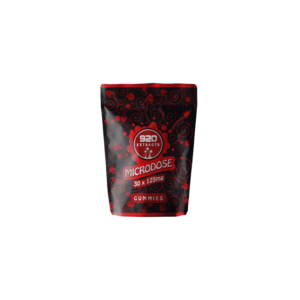 920 Extracts Microdose Gummies
920 Extracts Microdose Gummies  Ritual Relief Fuzzier Peach Herodose Chews
Ritual Relief Fuzzier Peach Herodose Chews  Alice Psilocybin Mushroom Chocolate – Milk Chocolate Bunnies
Alice Psilocybin Mushroom Chocolate – Milk Chocolate Bunnies 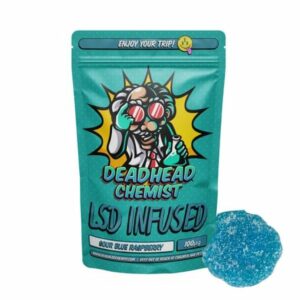 LSD Edible 100ug Sour Blue Raspberry Deadhead Chemist
LSD Edible 100ug Sour Blue Raspberry Deadhead Chemist 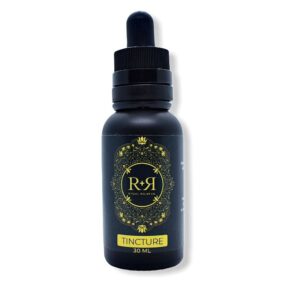 Daily Ritual Tincture
Daily Ritual Tincture  Ritual Relief Black Cherry Microdose Chews
Ritual Relief Black Cherry Microdose Chews 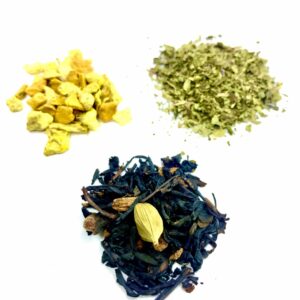 Psilocybin Tea: Variety Pack
Psilocybin Tea: Variety Pack  Ritual Relief Cherry Cola Mega Macrodose Chews
Ritual Relief Cherry Cola Mega Macrodose Chews 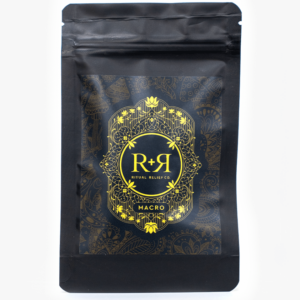 Ritual Relief Macro-Mango Chews
Ritual Relief Macro-Mango Chews 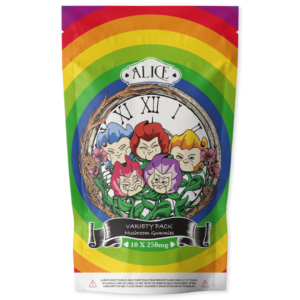 Alice Psilocybin Mushroom Gummy – Variety Pack
Alice Psilocybin Mushroom Gummy – Variety Pack 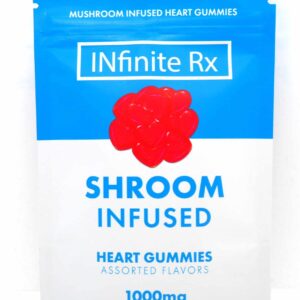 INfinite Rx Shroom Infused Heart Gummies Edibles (1000mg)
INfinite Rx Shroom Infused Heart Gummies Edibles (1000mg) 